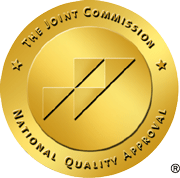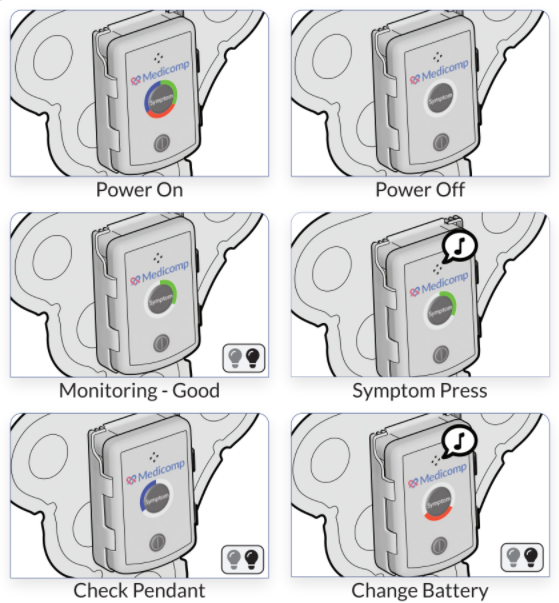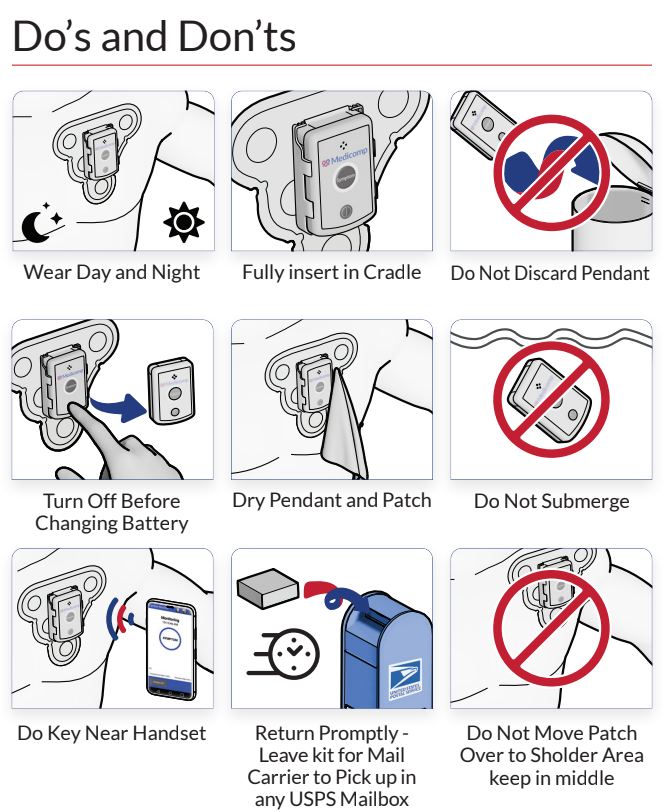The number of geriatric patients across the United States increases every year as Baby Boomers age. Worldwide, approximately 47 million individuals suffer from dementia; by 2050 that number is predicted to reach a staggering 131 million. ReactDx reminds its physicians that cardiac event recorders given to patients with dementia can catch anomalies patients are unable to express.
The link between the heart and brain is evident. When the brain does not recognize pain or differences in heart rhythm, or if your patient is unable to verbalize these changes, the patient’s heart will suffer. Conversely, if the heart is not pumping properly, the brain suffers from lack of oxygen and glucose, which can eventually lead to partial or complete brain death. When arteries narrow because of atherosclerosis, these nutrients are blocked. Studies have proven that the same risk factors that lead to atherosclerosis are responsible for cognitive impairment such as dementia. The American Heart Association’s Life’s Simple 7 outlines cardiovascular health guidelines to help protect patient hearts — and minds. Share these with your middle-aged patients.
- Controlling blood pressure: High blood pressure constantly stretches arteries throughout the body, including those within the brain, making aneurysms are more prevalent with high blood pressure.
- Cholesterol: Plaque and fatty buildup along arterial walls alter blood flow and constrict contractility.
- Blood sugar: Patients with diabetes mellitus are much more likely to suffer cardiovascular problems, and today’s generation of obese patients will lead to later decades of brain dysfunction.
- Weight: As patients gain mass, that mass must be fed by blood vessels. Excessive vascularization of tissue puts strain on the heart.
- Healthy diet: Several studies have proven that underweight patients are more likely than average weight patients to suffer from dementia as they age. Likewise, obese patients are more likely to fall into the category of patients with dementia. Eating a diet loaded with whole foods and the correct balance of nutrients will stave off the agony of dementia.
- Stop smoking: Carcinogens and other poisons in cigarettes are deadly. The amount of damage to a patient’s lungs after smoking deters proper oxygenation of blood and leads to disease and systemic failure.
- Physical activity: It only takes 150 minutes of moderate exercise or 75 minutes of vigorous exercise per week to recognize the benefits of good health. Endorphins are just the icing on the cake.
Give your patients the gift of health by presenting them with these life-changing options. Contact ReactDx at 800-23-HEART and visit our website for information on cardiac event recorders to ascertain whether your patients are suffering from heart problems that may lead to dementia later in life.



